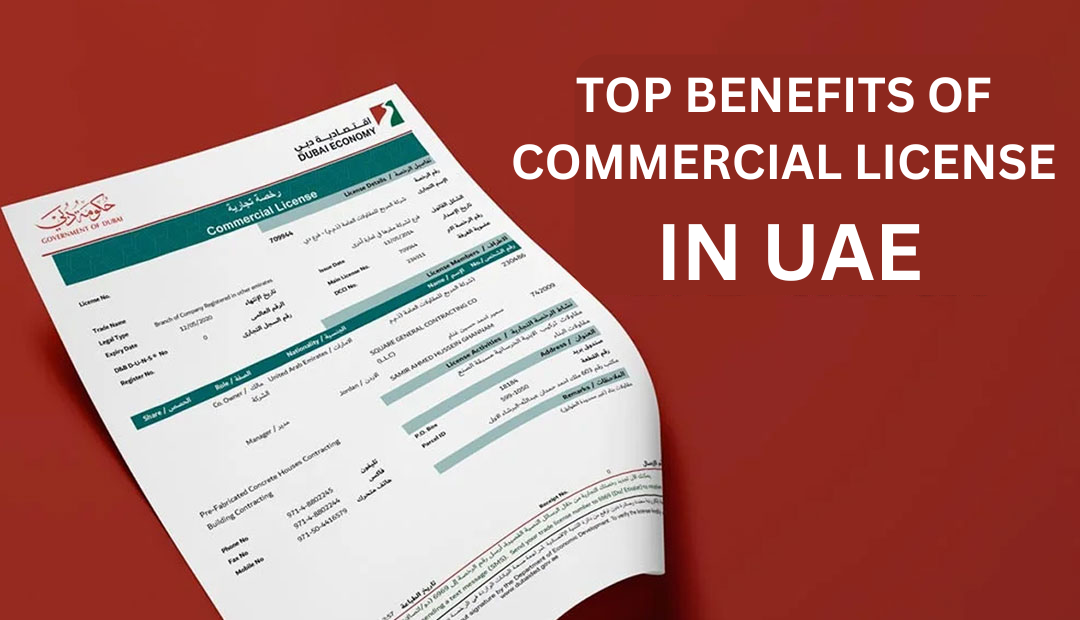Starting an e-commerce business in Dubai is an exciting adventure! With so many people shopping online today, this is a great opportunity. In this article, we will answer the question, “How can I start a business in Dubai?” We will also talk about important things like business licensing for eCommerce in Dubai, creating an e-commerce business plan in Dubai, and the benefits of setting up in a free zone.
What is E-commerce?
Before we dive in, let’s talk about what e-commerce means. E-commerce is when people buy and sell products or services online. Instead of going to a store, customers can shop from their computers or phones. This makes it easy and convenient for everyone!
Why Only Dubai?
Dubai is a fantastic place to start a business. Here are some reasons why:
- Diverse Population: People from all over the world live in Dubai, which means there are lots of potential customers.
- Strong Economy: Dubai has a growing economy, making it a good place for new businesses.
- Tax Benefits: There are low taxes for businesses in Dubai, which means you get to keep more money.
- Advanced Technology: Dubai is known for its modern technology and excellent internet services, which are important for e-commerce.
- Free Zones: Dubai has several free zones that offer special benefits for businesses. In a free zone, you can enjoy 100% foreign ownership, no import or export taxes, and easy company setup.
Step 1: Choose Your Products
The first step in starting your e-commerce business is to decide what you want to sell. Think about these questions:
- What products do I like?
- What are people looking for?
- Is there a demand for these products?
You can sell anything from clothes, electronics, and toys to handmade items. Make sure to choose products that you are passionate about!
Step 2: Create a Business Plan
Next, you need to make an e-commerce business plan in Dubai. A business plan is like a roadmap for your business. It helps you think about what you want to achieve and how you will do it. Here are some important things to include:
- Business Name: Choose a catchy name that represents your products.
- Market Research: Understand your customers and competitors. Who will buy your products? What are other similar businesses doing?
- Marketing Strategy: How will you tell people about your business? You can use social media, online ads, and email marketing.
- Financial Plan: Decide how much money you need to start and how you will manage it.
Having a solid business plan will help you stay organized and focused as you start your e-commerce business.
Step 3: Register Your Business
Now that you have a plan, it’s time to register your business. This is where business licensing for eCommerce in Dubai comes in. You need to follow these steps:
- Choose a Business Structure: Decide if you want to set up as a sole proprietorship, partnership, or company. Each has different rules.
- Get a Trade Name: Your business needs a unique name that is not already in use. You can check this with the Department of Economic Development (DED) in Dubai.
- Apply for a License: You will need an e-commerce license to operate legally. This license is issued by the DED or the relevant free zone authority if you choose to set up in a free zone. Make sure to prepare all the required documents, like your business plan and identification.
- Register with the Dubai eCommerce Platform: If you plan to sell through a platform, register on it. This helps you reach more customers.
- Open a Business Bank Account: Set up a separate bank account for your business to keep track of your finances.
Step 4: Choose a Free Zone
If you want to enjoy additional benefits, consider setting up your business in one of Dubai’s free zones. Some popular free zones for e-commerce include:
- Dubai Silicon Oasis: Great for tech startups and e-commerce businesses.
- Dubai Internet City: Ideal for IT and online businesses.
- Jebel Ali Free Zone: Perfect for trading and logistics.
Setting up in a free zone can provide you with perks like 100% ownership, easy import/export processes, and minimal paperwork.
Step 5: Build Your Online Store
Once your business is registered, it’s time to build your online store. Here are some steps to help you:
- Choose an E-commerce Platform: There are many platforms like Shopify, WooCommerce, and Magento. Pick one that fits your needs.
- Design Your Website: Make your website easy to navigate. Use attractive images and clear descriptions of your products.
- Set Up Payment Methods: You need to offer different payment options, like credit cards, PayPal, and cash on delivery.
- Add Security Features: Make sure your website is secure. Use SSL certificates to protect customer information.
- Test Your Website: Before launching, test your website to ensure everything works smoothly. Check links, payment processes, and loading times.
Step 6: Market Your E-commerce Business
Now that your online store is ready, it’s time to let people know about it! Here are some marketing ideas:
- Social Media: Use platforms like Instagram, Facebook, and Twitter to reach potential customers. Share pictures of your products and special offers.
- Search Engine Optimization (SEO): Use keywords related to your products in your website content. This helps people find your site when they search online.
- Email Marketing: Collect email addresses and send newsletters to keep customers informed about new products and promotions.
- Online Ads: Consider using paid ads on Google or social media to reach a wider audience.
- Influencer Collaborations: Partner with influencers who can promote your products to their followers.
Step 7: Manage Your Business
Once your e-commerce business is up and running, you need to manage it effectively. Here are some tips:
- Customer Service: Always respond to customer inquiries and resolve issues quickly. Good customer service keeps customers coming back.
- Monitor Sales: Keep track of your sales and understand what products are popular. This helps you make better decisions.
- Stay Updated: Keep learning about e-commerce trends and technology to stay ahead of your competitors.
- Gather Feedback: Ask your customers for feedback to improve your products and services.
- Adjust Your Strategy: If something isn’t working, be flexible and make changes to your marketing or products.
Conclusion
Starting an e-commerce business in Dubai can be a fun and rewarding experience. By following these steps, you can answer the question, “How can I start a business in Dubai?” Remember to choose your products wisely, create a solid business plan, get the right licenses, and consider setting up in a free zone for added benefits. With hard work and dedication, you can create a successful e-commerce business in this vibrant city! Good luck on your entrepreneurial journey!







